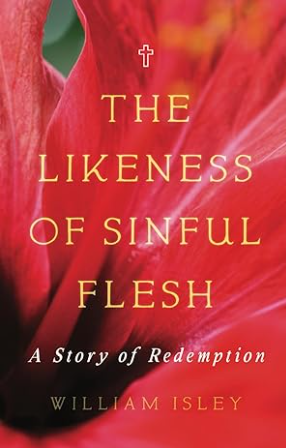I am glad that in an age like ours full of inconsistent and halfway atheists who unwittingly or dishonestly extol the virtues of morality and the truths of science our students at Cair Paravel www.cpls.org have the opportunity to read atheists who willingly face the consequences of their belief or lack thereof. They read David Hume (1711-1786), who was such a skeptic that he undercut the foundation of causation in the physical realm, and Jean Paul Sartre (1905-1980), who made it quite clear that atheism means that life is ultimately absurd.[1]
My favorite, however, is Friedrich Nietzsche (1844-1900) both because of his honesty and his literary gifts. Nietzsche, who coined the phrase “God is dead,” realized that without God one had to redo morality completely. Forget about the slave morality of Christianity which advocates love and forgiveness. What we need is to follow the will to power. Even truth is just that which enhances one’s feeling of power.
What is interesting is that although Nietzsche rejoices in the loss of traditional morality as a new kind of freedom, he expresses a wistful regret for the demise of the kind of beauty that had characterized the great works of Western art.
The beyond in art. It is not without deep pain that we acknowledge the fact that in their loftiest soarings, artists of all ages have exalted and divinely transfigured precisely those ideas which we now recognise as false; they are the glorifiers of humanity’s religious and philosophical errors, and they could not have been this without belief in the absolute truth of these errors. But if the belief in such truth diminishes at all, if the rainbow colours at the farthest ends of human knowledge and imagination fade, then this kind of art can never flourish again, for, like the Divina Commedia, Raphael’s paintings, Michelangelo’s frescoes, and Gothic cathedrals, they indicate not only a cosmic but also a metaphysical meaning in the work of art. Out of all this will grow a touching legend that such an art and such an artistic faith once existed (Human, All Too Human, #220).
Isn’t that phrase “the rainbow colours at the farthest end of human knowledge and imagination” beautiful? Yet, Nietzsche realized that without belief in God the soaring beauty of the Gothic cathedrals and the exalted images of Michelangelo’s art could not survive. Nietzsche understood that the work of these artists carried us beyond the merely physical and mortal realm. They gave us a vision of transcendence, of a world beyond our world, but one which infused this world with its beauty. They were the fruit of faith in God, a faith that Nietzsche held to be false.[2]
So there you have it—honest atheists and thoroughgoing atheism—no causation, no love, no purpose, no transcendent beauty. At least they were willing to face the music. Ah music! Without God? I’m not so sure, but then I believe in God. Let’s see, will it be Haydn or Bach or Gabrielli? So many riches to choose from.
[1] In fairness to Hume, as a skeptic he argued that not only is it impossible to prove that God exists, it is also impossible to prove that he doesn’t exist. In this sense Hume was an agnostic, although a better term might be an undogmatic atheist.
[2] Our students watch Roger Scruton’s “Why Beauty Matters” https://vimeo.com/112655231 a spirited and effective apology for the importance of beauty and its role of creating a sense of transcendence.


Bill, I loved this article. I never thought about what the atheist was missing in life, besides the the obvious warm love of God. Nietzsche was at least looking beyond his own limitations.
Thanks, Don. Yes, there are so many out there proclaiming that they are atheists, but don’t have the intelligence or nerve to follow out the logic of it.